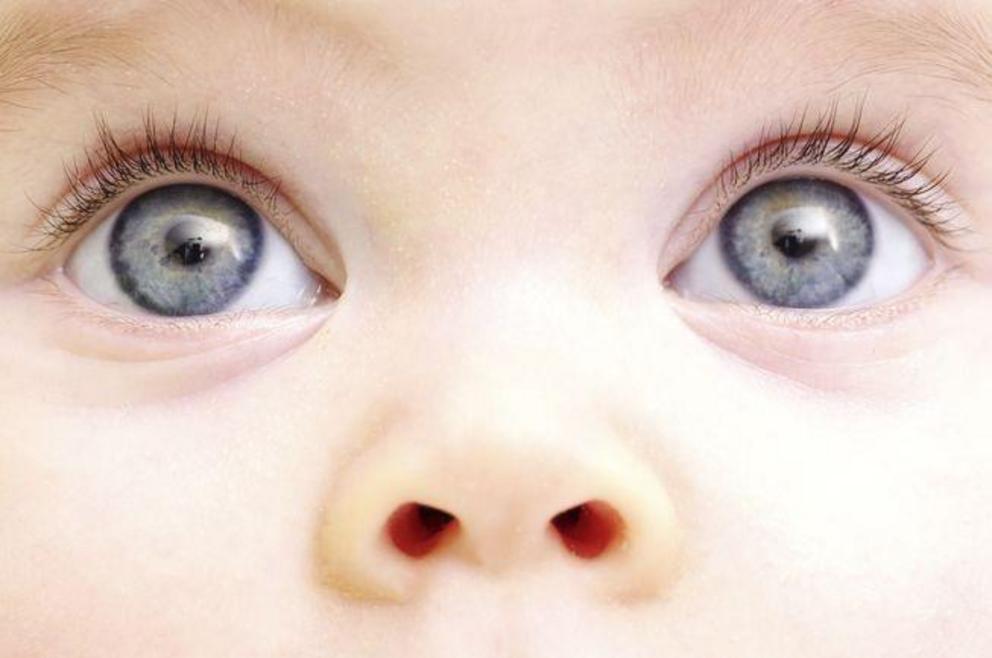Not even the most powerful computer can predict what a baby will become
The story has yet to be written on this face.
What is it about the face of a human baby that we find so mesmerizing? We’re not talking about a puppy here — a specimen that’s actually designed by nature to be adorable.
But those baby faces, all scrunched-up and pink, still somehow hold us rapt. Maybe that’s because it’s more about what we don’t see. A baby’s face is like a blank canvas. All unwritten potential.
Over the course of a lifetime, what story will be written on that face?
One thing’s for certain. We can’t ask a computer. A new study suggests, no matter how much data it has to work with — countless scenarios, case studies, economic and social factors — even the most powerful AI fails to predict how a life will turn out.
The findings, published this week in the Proceedings of the National Academy of Science, seems to run counter to the work of social scientists who regularly develop computer models, or algorithms, aimed at predicting social outcomes.
The idea is to identify criminal offenders who are likely to recommit crimes, or how vulnerable a child may be in certain situations.
As Karen Hao writes in the MIT Technology Review, "The assumption is that an algorithm fed with enough data about a given situation will make more accurate predictions than a human or a more basic statistical analysis."
The new research, however, suggests computers may not have as much of a clue as previously thought. The study, conducted by Princeton University sociologists, focused on a massive sample group: several hundred researchers were asked to predict six life outcomes for children, parents and households. Those researchers could avail themselves of any tools they needed — including state-of-the-art AI. In all they were asked to make predictions based on 13,000 data points on over 4,000 families — all data taken from the Fragile Families and Child Wellbeing Study. That ambitious Princeton study tracks the lives of American children in urban areas over 15 years. Its aim was to observe life outcomes for children born to unmarried parents.
For the new study researchers were given incredibly deep data for thousands of people, essentially beginning at birth, They were also allowed to use the most advanced machine learning tools to make their predictions. And how accurate did they turn out?
"Despite using a rich dataset and applying machine-learning methods optimized for prediction, the best predictions were not very accurate and were only slightly better than those from a simple benchmark model," the Princeton sociologists note in the study.
The predictions — including academic performance and projected income levels — were made over the course of five months by an army of computer scientists and statisticians. All of them carefully chronicled the methods they used to make their forecasts.
But in the end, they fell significantly wide of the mark.
“The study really highlights this idea that at the end of the day, machine-learning tools are not magic,” Alice Xiang, the head of fairness and accountability research at the nonprofit Partnership on AI, tells the MIT Technology Review.
That’s not to say computer algorithms may someday be able to improve their ability to project how a life will unfold. But for now, it seems making that kind of forecast may seem like judging a book by its cover. Or a baby, by its scrunched up little pink face.

